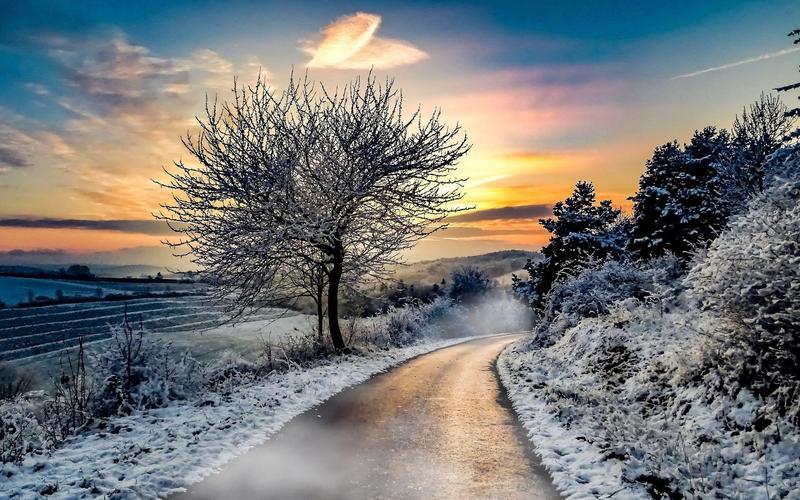Why Being a Gypsy Is More Than Just a Lifestyle
Living life like a gypsy has often been romanticized in movies and literature, portraying a carefree and adventurous way of life that may seem appealing to those seeking a break from the monotony of everyday life. But for the gypsy community, being a gypsy is so much more than just a lifestyle – it is an identity that holds a rich history and culture.
The Origins of the Gypsy Community
The word ‘gypsy’ comes from the word ‘Egyptian,’ as the early gypsies were believed to have originated from India, migrated through Egypt and then into Europe. The first records of gypsies in Europe can be traced back to the 14th century, where they were viewed with suspicion and ostracized by society for their nomadic lifestyle. Over the years, the cultural traditions, customs, and values of the gypsy community have been passed down through generations, forming a unique identity that is deeply tied to their way of life.
The Gypsy Way of Life
The gypsy way of life is centered around family and community, with social connections being an essential part of their culture. They often live in caravans or trailers, traveling from place to place in search of work, often performing music, dance, or other forms of entertainment. Despite the challenges of their lifestyle, many gypsies are proud of their way of life, valuing their independence and the freedom to live without the constraints of modern society.
The Importance of Tradition and Family
One of the most defining aspects of gypsy culture is their strong emphasis on family ties and tradition. Elders are respected for their wisdom, and the community plays an essential role in raising children. Music, dance, and storytelling are also important parts of gypsy culture, with many families passing down their artistic talents through generations.
The Challenges of Maintaining Gypsy Culture in Modern Society
Despite their rich and unique culture, the gypsy community faces many challenges in maintaining their way of life. Discrimination and social exclusion are still prevalent in many parts of society, and the increasing urbanization of the world has made it difficult for them to find places to live and work. As a result, many gypsies face poverty and marginalization, leading to a loss of traditional culture and a loss of identity.
The Importance of Understanding and Appreciating Gypsy Culture
In conclusion, being a gypsy is more than just a lifestyle – it is an identity rooted in a rich cultural heritage. While the gypsy community faces many challenges in maintaining their traditions and way of life, it is important to understand and appreciate their culture, as it is an integral part of our society’s diversity. By recognizing and respecting the gypsy community’s unique cultural identity, we can build a more inclusive and accepting world for all.
(Note: Do you have knowledge or insights to share? Unlock new opportunities and expand your reach by joining our authors team. Click Registration to join us and share your expertise with our readers.)
Speech tips:
Please note that any statements involving politics will not be approved.
